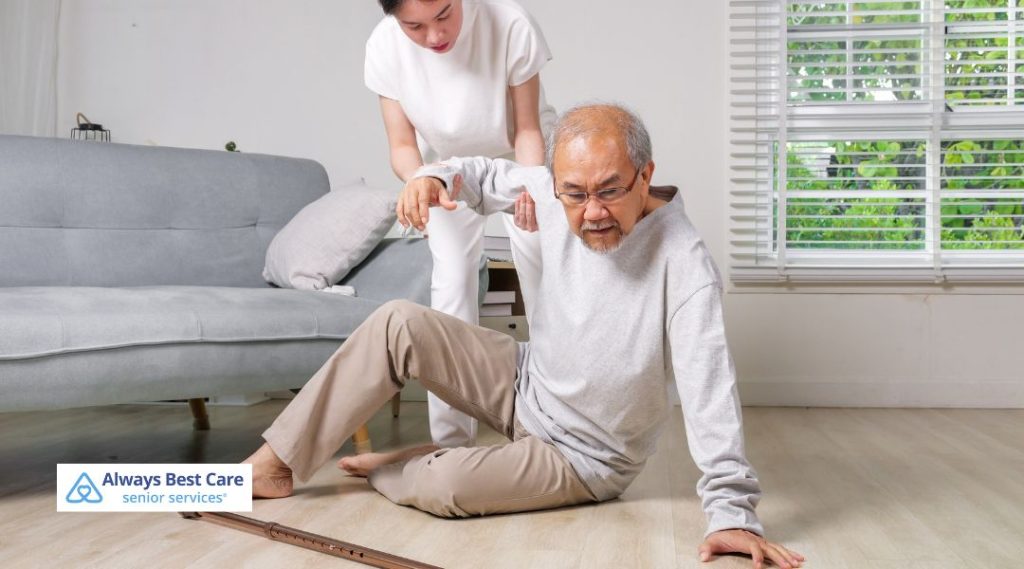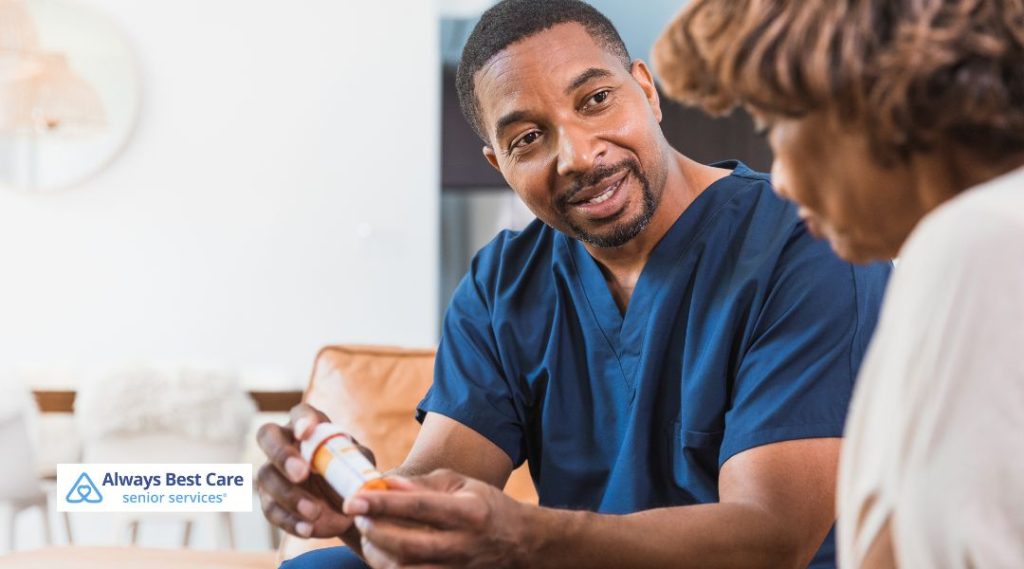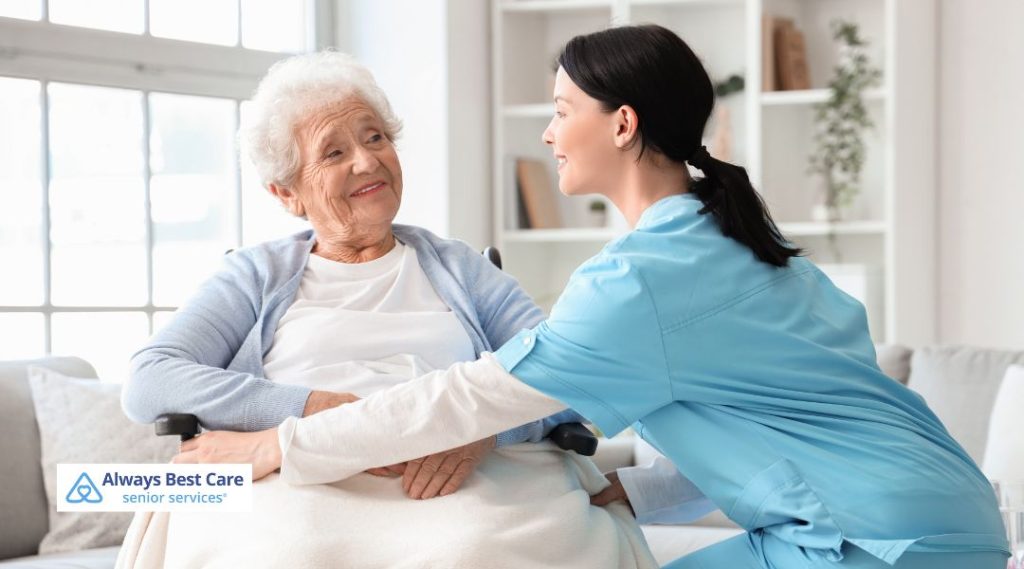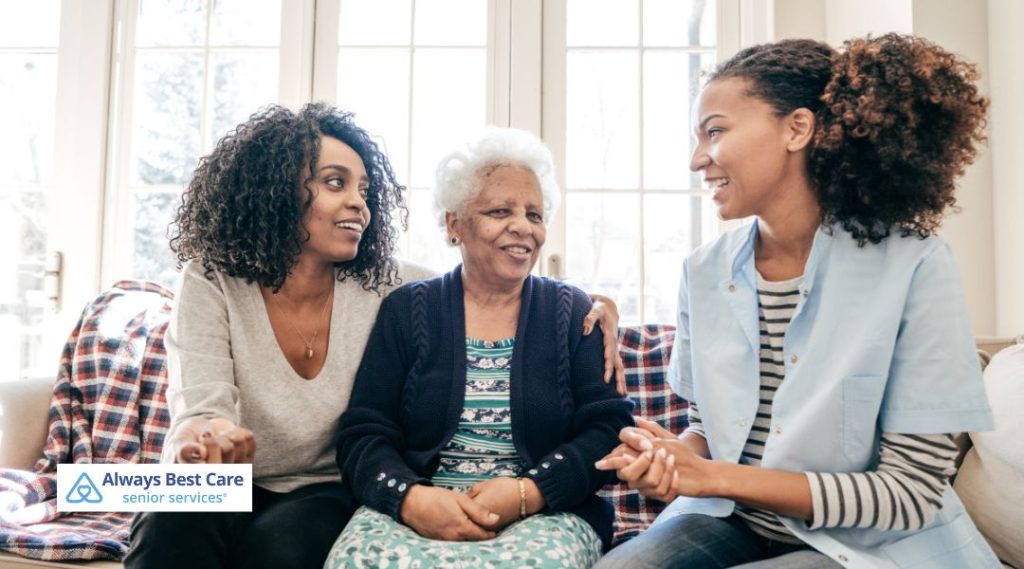How to Support Seniors After a Hospital Discharge in Houston

Recovering after a hospital stay can be a challenging time for seniors, who require extra care and support to ensure a smooth transition back home. Without proper assistance, managing medications, mobility, and daily tasks can become overwhelming, increasing the risk of complications or even hospital readmission.
Understanding the key elements of post-hospital care—including home safety, medication management, and emotional support—can help loved ones help seniors regain their strength and confidence while recovering in their homes.

Table of Contents
Why Post-Hospital Support is Crucial for Seniors
The period following hospital discharge is critical for seniors, as their recovery depends on proper care, monitoring, and support. Without the right assistance, even minor challenges—such as difficulty managing medications, mobility issues, or poor nutrition—can quickly escalate, leading to complications or hospital readmission.
A structured post-hospital support system helps seniors regain their strength, maintain their independence, and prevent setbacks that could slow down their recovery. A smooth transition home is essential for physical and emotional well-being. Many seniors experience weakness, fatigue, or confusion after a hospital stay, making it difficult for them to return to their usual routines.
Key Steps for a Successful Recovery at Home
Helping a senior transition home after a hospital stay requires thoughtful planning and consistent support. A successful recovery isn’t just about physical healing—it also involves creating a safe and comfortable environment, ensuring proper medication management, and addressing emotional well-being. Seniors recovering from illness, surgery, or injury often need assistance with daily activities, mobility, and medical follow-ups to prevent complications and promote a full recovery.
Ensuring that seniors have a structured care plan in place can make all the difference. This includes setting up a home environment that minimizes fall risks, staying on top of medications and appointments, and providing emotional and social support to combat feelings of isolation. Whether care is provided by family members, professional caregivers, or a combination of both, having a reliable support system ensures seniors can heal safely and comfortably in their own homes.

Managing Medications to Prevent Complications
Medication management is one of the most important aspects of a senior’s recovery after a hospital stay. Many seniors are prescribed new medications or experience changes to their existing prescriptions, which can lead to confusion and potential health risks if not managed properly. Missing doses, taking incorrect amounts, or experiencing adverse reactions can all delay recovery and, in some cases, result in hospital readmission.
Establishing a clear medication schedule is essential for ensuring a smooth and safe recovery. Organizing medications in pill dispensers, setting reminders, and keeping a detailed list of dosages and instructions can help prevent mistakes. Having a caregiver or family member assist with medication reminders and monitor for any side effects can provide additional peace of mind. Proper communication with healthcare providers is also crucial. Regular check-ins with doctors or pharmacists help ensure medications are working as intended and prevent potential drug interactions.
Creating a Safe and Accessible Home Environment
A senior’s home should be a place of comfort and security, especially after a hospital stay. However, many everyday household setups can pose risks to seniors recovering from illness or surgery. Limited mobility, weakness, and balance issues increase the likelihood of falls, which can cause further injury and prolong recovery. Adapting the home environment to be safer and more accessible is key to supporting a senior’s independence and well-being.
Simple modifications can significantly improve safety. Removing clutter, securing rugs, and ensuring hallways and stairways are well-lit can help prevent trips and falls. Installing grab bars in bathrooms, using non-slip mats, and arranging furniture to create clear walking paths further enhances mobility. For seniors with greater mobility challenges, assistive devices such as walkers, canes, or stairlifts can provide additional support.
Beyond physical safety, a comfortable home environment also contributes to emotional well-being. Ensuring that seniors have easy access to essentials like food, medications, and personal items reduces frustration and allows them to focus on their recovery. A well-organized and hazard-free living space helps seniors regain confidence and move around their home with ease, promoting both independence and long-term health.

Coordinating Medical Care and Follow-Up Appointments
Regular medical follow-ups are essential for a senior’s recovery after a hospital stay. These appointments allow healthcare providers to monitor progress, adjust medications, and address any potential complications before they become serious. However, keeping track of follow-ups and arranging transportation can be challenging for seniors, especially if they have mobility limitations or cognitive concerns.
Ensuring that seniors attend their scheduled appointments is crucial for their long-term health. Family members or caregivers can assist by maintaining an updated calendar, setting reminders, and arranging transportation to medical visits. For those who have difficulty traveling, telehealth options can provide an accessible alternative for staying in touch with doctors.
Our trained caregivers can help by keeping detailed records of medical instructions and ensuring that seniors follow their treatment plans. By staying proactive in coordinating medical care, seniors can recover safely and avoid setbacks that could lead to further hospitalizations.
Providing In-Home Care for Daily Support
Recovering at home can be difficult for seniors who need help with daily tasks, mobility, or personal care. In-home caregivers play a crucial role in making this transition smoother by offering the necessary assistance while allowing seniors to remain in the comfort of their own homes.
Our professional caregivers provide personalized support tailored to each senior’s needs. This may include help with bathing, dressing, and grooming to ensure hygiene and comfort. Meal preparation and proper nutrition are also essential during recovery, and caregivers can assist with cooking and feeding if needed. Medication reminders, mobility support, and light housekeeping further contribute to a safe and stress-free environment.
Beyond practical assistance, in-home caregivers also offer companionship, which is vital for emotional well-being. Many seniors experience loneliness after a hospital stay, and having someone to talk to, engage in activities with, or simply provide reassurance can make a significant difference in their recovery. With compassionate and professional care, seniors can heal more comfortably while maintaining their independence at home.
Encouraging Physical Activity and Mental Stimulation
Staying active—both physically and mentally—is a key factor in a senior’s recovery and overall well-being. After a hospital stay, limited movement can lead to muscle weakness, stiffness, and a higher risk of falls, while a lack of mental engagement can contribute to cognitive decline and emotional distress. Encouraging gentle activity and meaningful engagement helps seniors regain strength, mobility, and a sense of purpose.
Physical activity should be tailored to a senior’s ability and recovery stage. Simple exercises like stretching, short walks, or doctor-approved therapy routines can improve circulation, maintain muscle strength, and enhance balance. We can assist with mobility exercises and encourage them to help seniors stay active safely.
Equally important is mental stimulation, which keeps seniors engaged and motivated during recovery. Activities such as reading, puzzles, music, and conversation help maintain cognitive function and emotional health.
Social interaction, whether through family visits, virtual chats, or participation in senior programs, further boosts morale and reduces feelings of loneliness. By promoting both physical and mental engagement, caregivers and loved ones can support a senior’s overall well-being and enhance their quality of life during recovery.

Get Compassionate Post-Hospital Care With Always Best Care!
At Always Best Care, we make the transition from hospital to home easier and more comfortable for your loved one!
Contact Always Best Care of Houston Metro at (713) 485-5000 to schedule a care consultation and explore how we can assist with your loved one’s recovery at home. Let’s ensure they have the right support for a healthy and successful transition.





